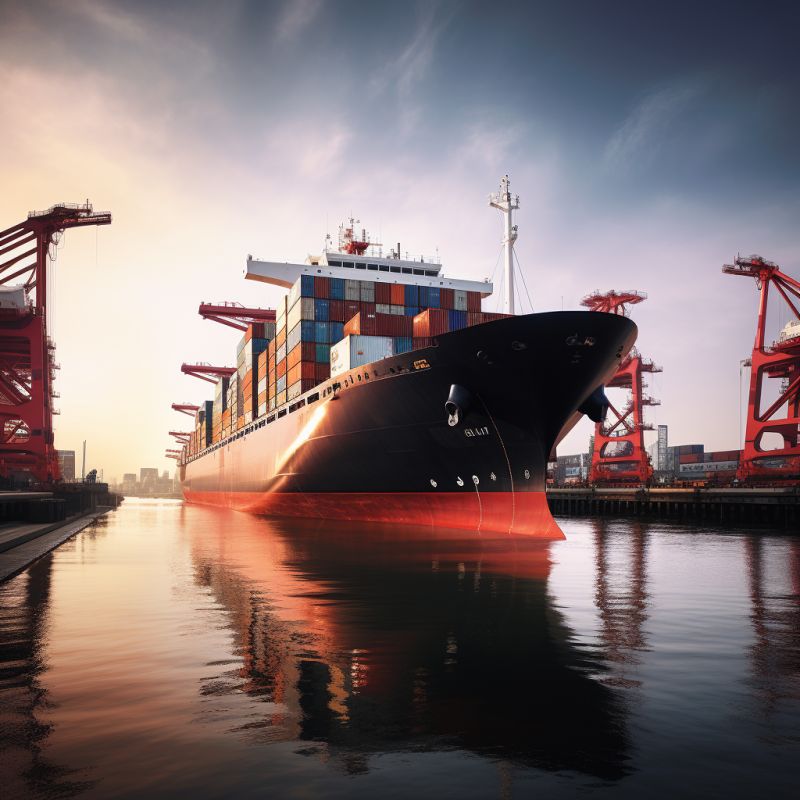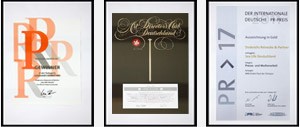Green waves on high sea: how Hy2gen is revolutionising the ship traffic
🚢🌍 We like the Hamburg harbour. Where the big ships sleep, 120 million tonnes are handled every year. However, the ships’ diesel engines emit around one billion tonnes of #CO2 every year, making a significant contribution to #climatechange.
❗ What can we do about it?
Less consumption is a start. Or just consistently buying regionally. We all need to take a good look at ourselves. Decarbonisation is another building block. The EU has also recognised this and, with the Fit for 55 programme, has stipulated that shipping in the EU must reduce its emissions from 2025. By 2050, emissions must even be reduced by 80 % compared to 2020.
To achieve this, investments are to be made in low-emission ships. Our customer Hy2gen is working on #energy solutions to make this possible. We took a look at what these solutions are.
🔋 Battery-electric
Known from e-cars, #batteries supply electricity for electric motors. They are completely emission-free and quiet on site, but the batteries take up a lot of space on large ships that cannot be used as cargo space.
⚡ #Fuel cell-electric
Renewable energy sources such as methanol or #hydrogen can be converted into electricity in fuel cells to drive electric motors. The technology is complex and large batteries are required as intermediate storage.
💧 #E-Fuels
Are based on hydrogen and are chemically “tuned” so that they can be used in existing combustion engines. However, a lot of energy is lost during the production and combustion of e-fuels.
The shipping industry is currently developing in various directions. So far, the focus has been on #hydrogen and e-fuels, which can already be used on newly developed ships.
📍 What does this mean for us?
According to a study by the International Energy Agency, a switch to e-fuels would be expensive, but could be covered with a small surcharge on all transported goods. Perhaps we will soon be able to choose whether the products we order come to us at a surcharge via an emission-saving sea transport route.
Would a surcharge for consumers be the right thing to finance sustainable transport, or does the responsibility for this lie solely with the transport and logistics companies? What do you think?

